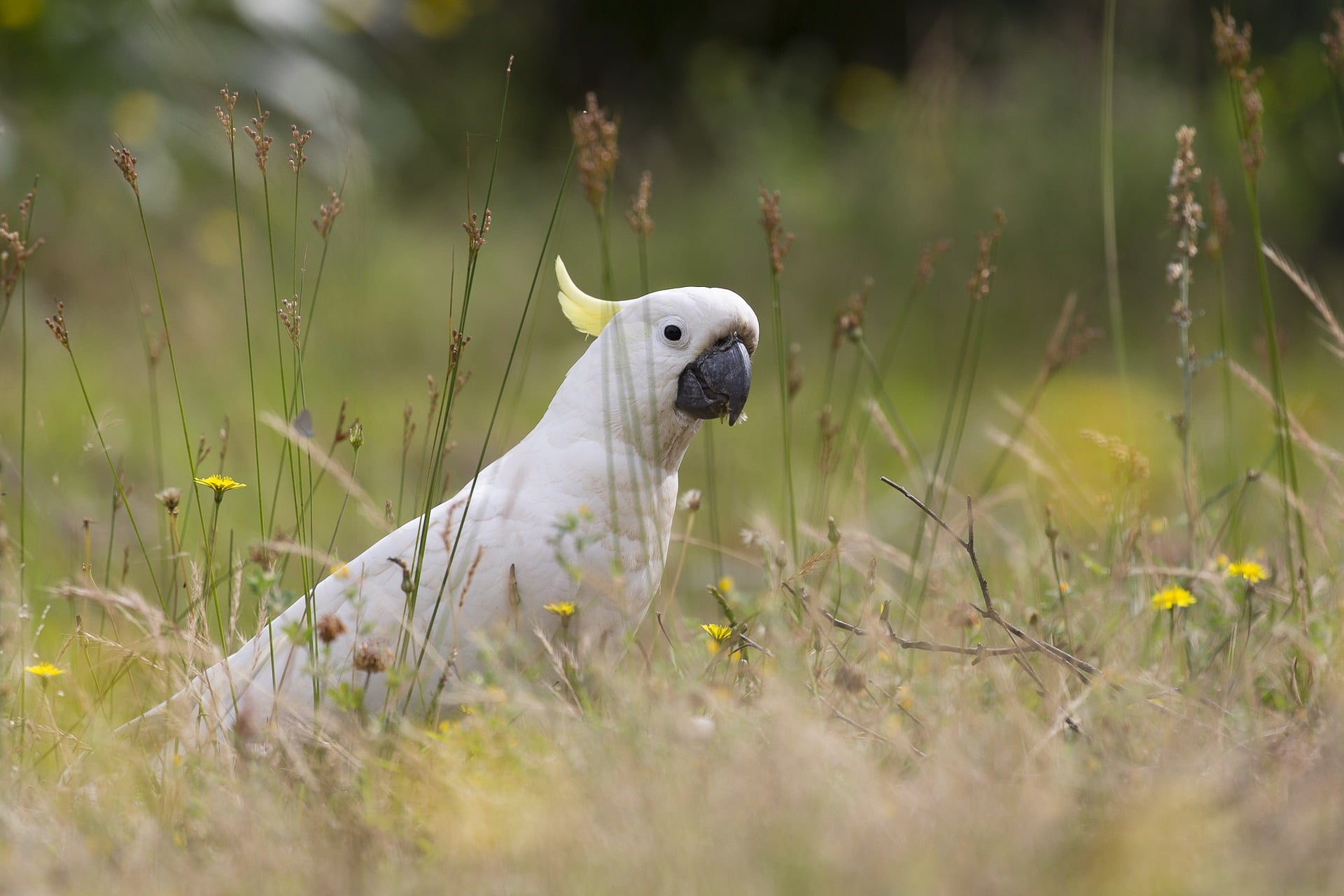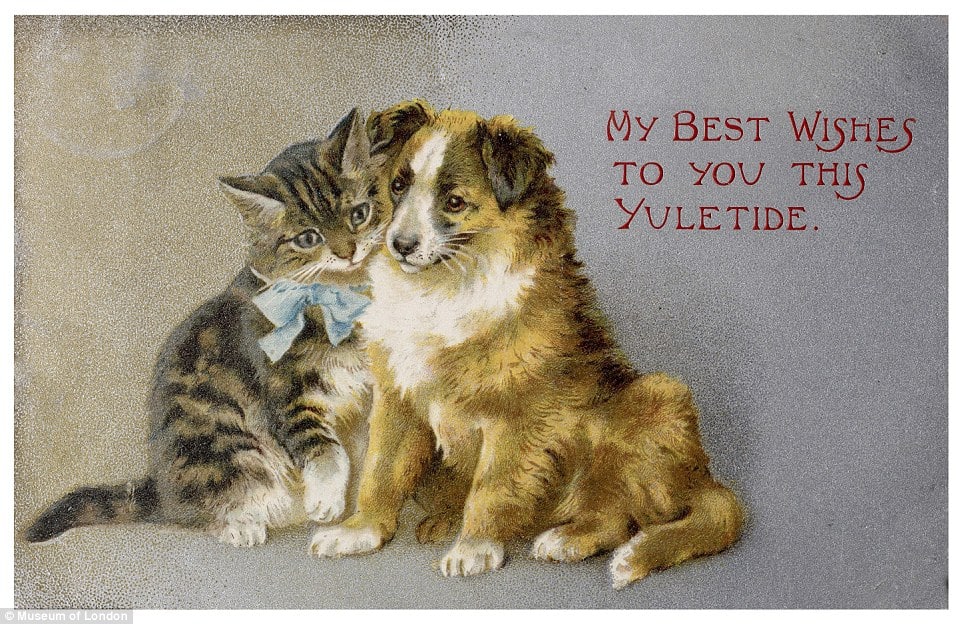The gist of the article was that, ‘in this age of political polarisation, should authors pedal back on the drama to give readers more of an escapist experience?’
It was an interesting question and even more interesting were the answers.
A rough count by me found 60% of authors thought there was there was too much conflict in fiction and as a result, they were scaling back the angst and were writing ‘lighter’ reads. I’m still not sure what that means.
Other authors were more specific and said they were switching to romantic comedies or writing ‘fluffy’ Regencies.
In the end, what I found striking was all of these authors had different definitions for conflict.
- Some saw conflict as being head-to-head arguments between the hero and heroine.
- Some saw it as external violence
- Others saw it as angst.
One author was dismissive of writing craft books which aspiring authors to keep the conflict rising.
Another said she loved putting her characters through ‘hell’ before they get to their happily ever after.
So, whose right?
Well, it depends on the definition you use for conflict.
Conflict
n. A state of open, often prolonged fighting; a battle or war.n. A state of disharmony between incompatible or antithetical persons, ideas, or interests; a clash.n. Psychology A psychic struggle, often unconscious, resulting from the opposition or simultaneous functioning of mutually exclusive impulses, desires, or tendencies.
All three definitions are correct and all three can be used in fiction to a lesser or a greater degree, depending on the type of story you’re telling.
Indeed, my Heart of the Corsairs series contains all three.
But in fiction, the one conflict you cannot do without is psychological conflict.
Fiction is fabulous. It is the only form of the arts that allows a third party (the reader) an opportunity to witness a character’s thought processes in ‘real time’. We understand what motivates these characters to act – even if we don’t agree with those choices. The decision making process is the conflict. There is no avoiding it.
And since we live in a world where our decisions affect other people as well as ourselves (and vice versa), we also need that second definition of conflict in fiction – especially romance where the focus is on creating, building and strengthening a relationship that will become the Happily Ever After.
That’s why the romance genre matters.
That’s why many popular, long lasting and legendary stories and mythological tales all fall under the banner of Romance.
Romance is the story of the human condition.
We move away from the things which cause us pain (or make us afraid or we know will kill us) and we move toward things which are a higher good – a worthy aspiration (relationships that last a lifetime, a satisfying life with all the good things that really matter) – in other words, a Happily Ever After.
And you can’t do that without cost, without conflict.


